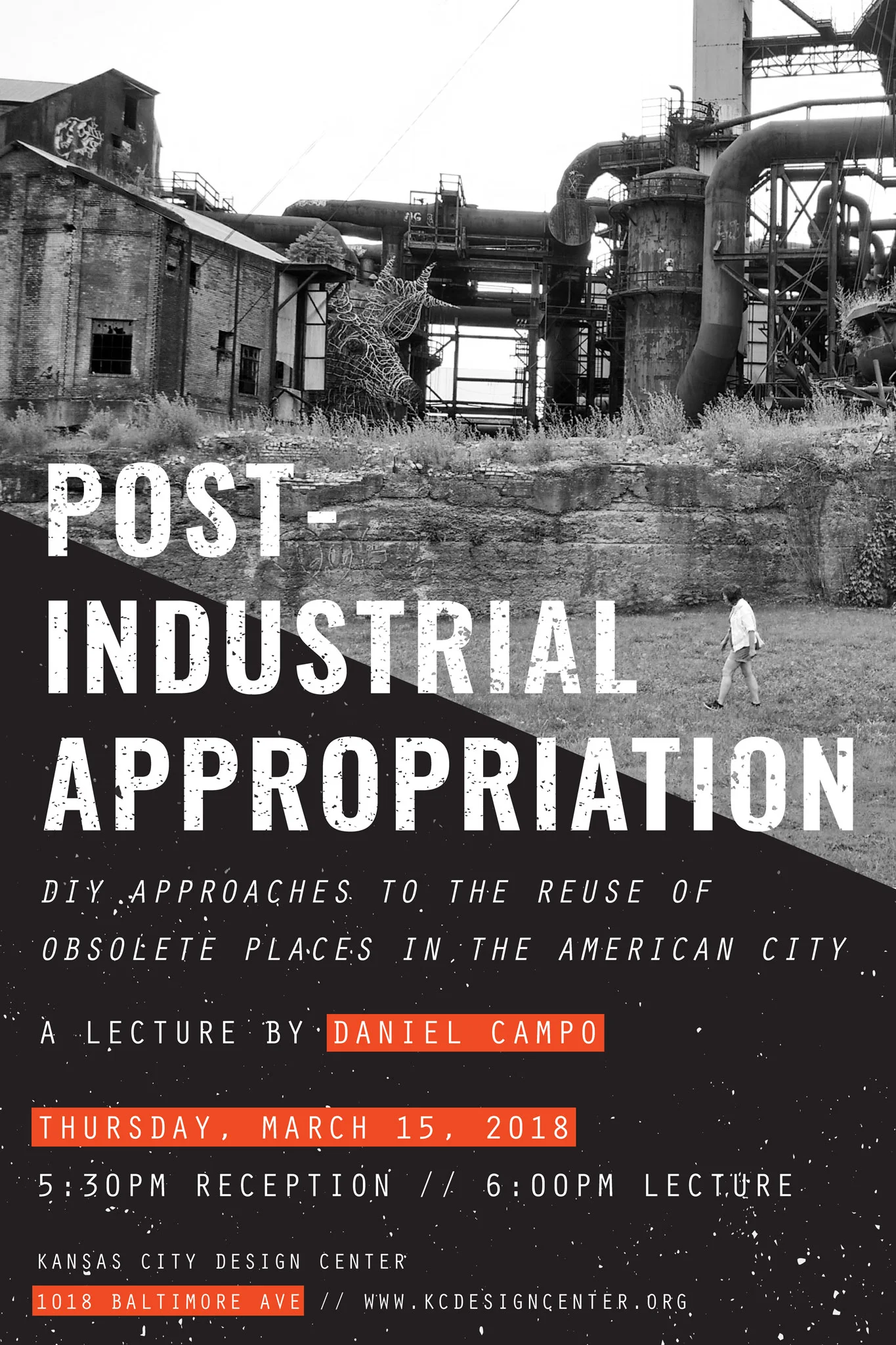This presentation documents grassroots efforts to reuse and enjoy iconic but economically obsolete industrial places in the American Rustbelt and in other U.S. Cities. Exploring a range of deindustrialized sites including former automobile factories in Detroit, a steel plant in metropolitan Pittsburgh, the Silo City campus of grain elevators in Buffalo, and former port sites in New York City, it assesses emerging forms of preservation, placemaking, and urban development practices, which operate outside traditional adaptive re-use markets and without substantial public funding. Building upon small scale, itinerant, and often guerrilla actions, these (mostly) do-it-yourself practices exploit historic sites in their “as is” condition, making the most of marginality and local cultural capital. Pursued out of a sense of passion and the desire to be a part of the physical reconstruction of their respective cities, the diverse and sometimes unusual parties that undertake these projects are redefining historic preservation as an empowering civic activity. Accordingly, their incremental, sweat-equity driven projects provide an experience of industrial heritage that is more playful, immediate, and broadly participatory than those at better capitalized sites, even as they fall short of professional preservation standards (and thus eligibility for significant federal and state tax credit support).
About Daniel Campo
Daniel Campo is a NYC/Baltimore-based urbanist. He is Associate Professor and Program Director of City Planning in the School of Architecture and Planning at Morgan State University. Campo is the author of The Accidental Playground: Brooklyn Waterfront Narratives of the Undesigned and Unplanned (Fordham University Press, 2013) and has published articles on a range of subjects including urban design, public space studies, placemaking, public art, downtown revitalization, history of the built environment and historic preservation. He holds a Ph.D. in city planning from the University of Pennsylvania and was previously a planner for the New York City Department of City Planning.

